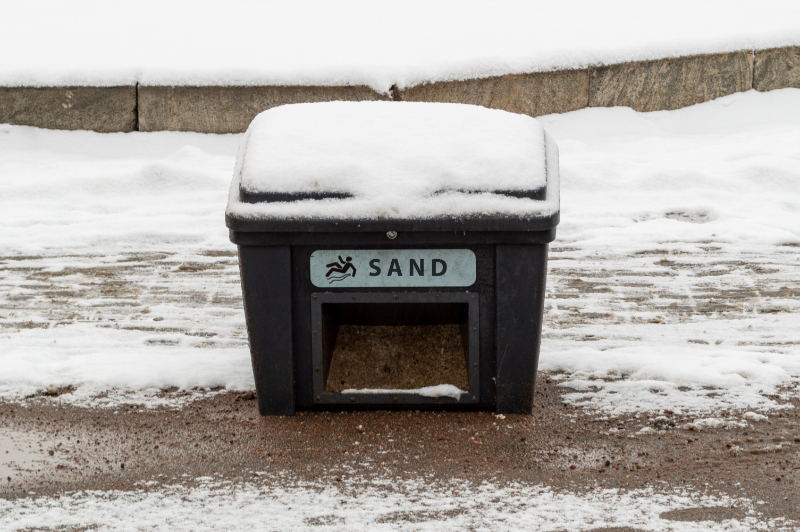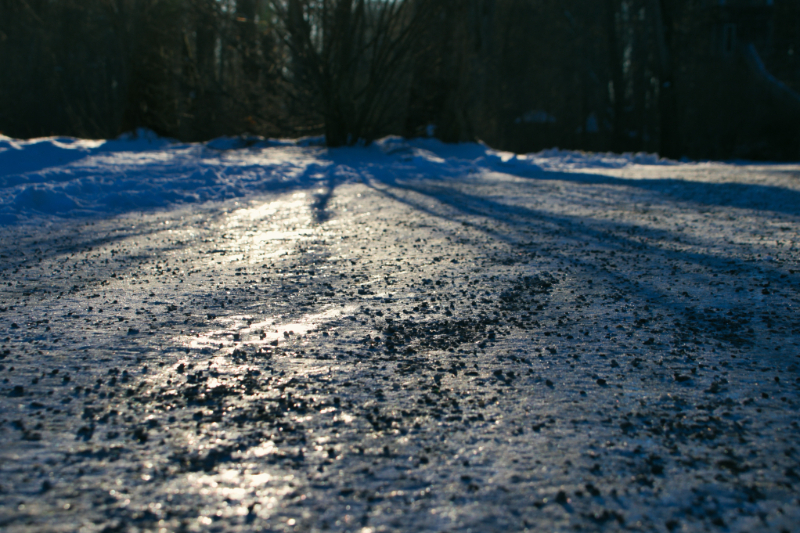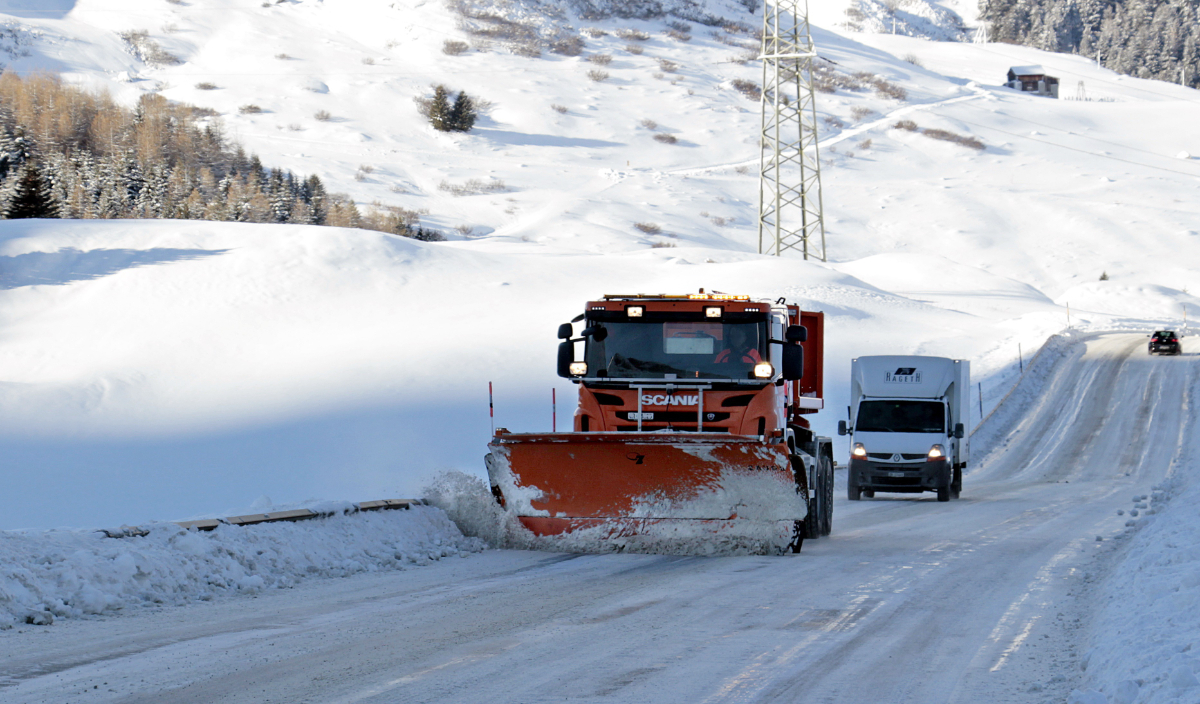Who is responsible for gritting roads in the UK? We look at what gritting is provided by local authorities and which roads are not gritted by local councils.
If you are an owner or occupier of private land, you have a legal liability to ensure that access for staff and visitors is safe. As well as this, if you are an employer using a premises, there is a duty of care that needs to be upheld. This means a safe working environment must be maintained for employees, visitors and those who pass by, whether associated with the business in some way or not.
This means it is important for business owners to know what land they specifically own to be kept safe. If areas shared or commercial are adjoined, it is important that the individual(s) who own each area are fully aware of what they are liable for.
This means that for services such as gritting services to be utilised, they must be done under either authority or formal permission, which expressly allows it.
Should I grit public pavements?
While a Council may often find grit roads, they have no obligation, except in environments with prolonged frost, ice or snow.
If you feel as though a public environment or premise should be gritted, you have every right to grit it yourself, and in fact, the Government's Snow Code encourages citizens to do so.
In terms of snow clearance, though, it is an offence to clear snow or ice onto a road or pavement, but gritting is not an offence as long as it is either public property or private property that you own or have permission to grit.

It is also notable, especially for employers, that clearing snow and ice can somewhat absolve potential consequences from workplace falls, as you have made an effort to prevent them.
What gritting is provided by Local Authorities
Local authorities are required to salt or maintain priority routes as laid out by each Council's own Cold Weather Plans. It is to be noted that these plans don't necessarily have to include residential roads, alleyways, car parks, doctor's surgeries or private property.
However, they can and are assessed annually to see if changes would be beneficial based on changes in demand and new amenities. It can be beneficial for individuals to know said priority routes, allowing for more fluid travel during cold seasons.
County Council's are responsible for maintaining public highways, bar motorways and trunk roads and must take measures to best ensure road safety when necessary.
Local Authority Priorities for road gritting
Councils decide where to grit based on a weighted list of priorities, which when compared will decide the most important areas to grit if the weather means it is necessary. This is reviewed annually, and changes are made for reasons as listed below.
Priority 1
The most important factor is the volume of traffic carried. This is often in a quantitative manner. For example, with traffic flows greater than eight thousand per day, a road can be in the priority 1 title. These are salted in advance of forecast ice, snow and frost. This precautionary salting from weather forecasts is unique to priority 1. Emergency services, major bus routes and services, town centres and major shopping centres will often be in the priority 1 band.
Priority 2
Priority 2 is to be treated when ice, snow or frost is prolonged or persistent and expected to continue. This is only started once priority 1 routes have been cleared. Following the previous example, this may be roads where traffic volume exceeds four thousand per day but exceeds eight thousand. These will often be educational establishments such as schools or important industrial areas and single access routes to villages.
Priority 3
Priority 3 are treated after significant snowfall has occurred in an area, only after priority 1 areas. These are treated alongside priority 2, however, under fewer circumstances.
Councils Don't Grit Every Road.

While many roads will be covered under this plan, not all of them will. This may be an issue for some people more so than others, and private roads and land will not be gritted by a Council.
If you find it necessary to have such private land or roads gritted, then that must be arranged either by the landowner or post-permission from a landowner and paid for, whether for the materials or labour.
Gritting is important, as without the risk of injury can increase, as can the potential damage to a car due to the build-up of snow and ice.
Commercial Property Law For Icy Conditions
Any occupier of a commercial property is required to follow the Health & Safety at Work Regulations 1999. For ice and similar weather conditions, applicable sections include regulation 12, which includes aspects such as assessing risks and taking measures to protect both customers and employees from hazards present during icy conditions.
Many effective actions can be taken to help reduce the risks of slipping or tripping, for which one may otherwise be liable. Focusing on walkways can be a great start, especially if they are regularly used and/or exposed to employees or the general public.
Private Gritting Services
Private gritting services exist both for councils to use for their gritting needs, as well as for individuals who need winter gritting in areas that Council services don't cover or suffice. This can be for businesses or individuals, as ice, snow, and frost can cause problems for many.
They can be hired so that if such weather would obstruct you, it no longer has to. For private land or roads, it can allow for safer travel across, and for businesses, it can reduce the chance of falls or slips, which you may be liable for otherwise.
When severe weather below freezing point occurs, ice and snow can cause problems for various vehicles, so having a contingency plan such as a private gritting service can be great for ease of mind and general convenience for road surfaces or footways even in freezing temperatures.
We offer rock salt spreading throughout Aberdeen, Peterhead, Dundee and Aberdeenshire. Follow the link below to find out more about the areas that we offer road gritting in north Scotland.

